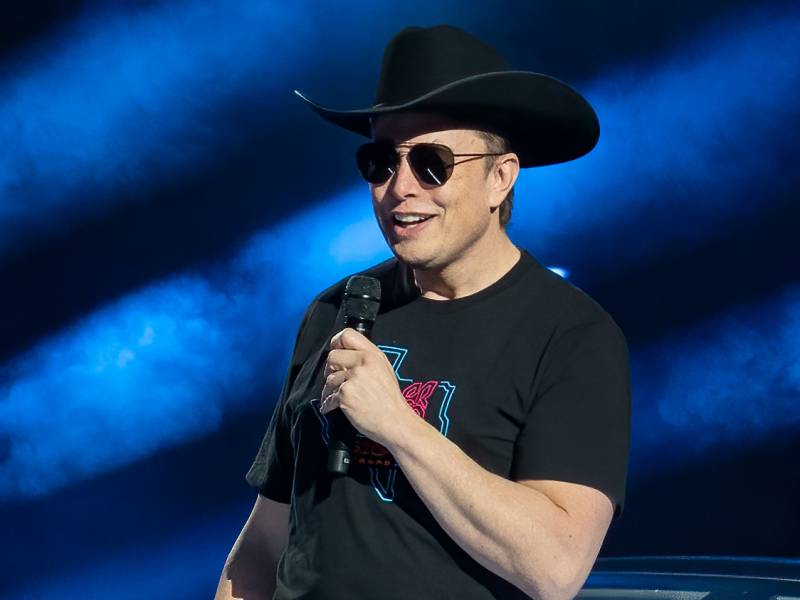Updated April 25, 2022 at 12:48 PM PT
Twitter has struck a deal with Elon Musk, handing the world’s richest man control of a social network that has far-reaching influence on politics and society.
Musk will pay about $44 billion, or $54.20 a share, to take the social media company private, according to an announcement from Twitter.
The agreement comes less than two weeks after Musk offered to buy Twitter, sending the company’s board and management into crisis mode as they scrambled to figure out whether Musk was serious and whether his offer fairly valued the company.
Musk has vowed to “unlock” Twitter’s potential by loosening what he sees as unfair restrictions on free speech.
“Free speech is the bedrock of a functioning democracy, and Twitter is the digital town square where matters vital to the future of humanity are debated,” he said in the announcement Monday.
The maverick entrepreneur is a prolific user and outspoken critic of Twitter, where he has more than 83 million followers and regularly posts memes, boosts his companies Tesla and SpaceX, and squabbles with critics.
Musk began accumulating Twitter shares in January. On April 4, he revealed that he’d become the company’s biggest individual shareholder. He began calling for changes to the platform, including loosening its rules over what users are allowed to post, banning bots that post spam, and making its algorithm public.
Musk tweeted on Monday, before the deal was announced, “I hope that even my worst critics remain on Twitter, because that is what free speech means.”
But some observers say if Musk relaxes content rules, Twitter could be overrun by misinformation and toxic posts.
“A platform that moderated only illegal speech would quickly be overcome by spam and garbage,” said Jameel Jaffer with the Knight First Amendment Institute at Columbia University. “That kind of platform wouldn’t work for anyone, whatever their political views.”
Other experts, including Paul Barrett with NYU’s Stern School for Business and Human Rights, have similar concerns.
“Without vigorous content moderation, the platform Musk seeks to own would be swamped by spam, porn, anti-vaccination misinformation, QAnon conspiracies, and fraudulent campaigns to undermine the midterms and 2024 presidential election,” Barrett said.

9(MDAxOTAwOTE4MDEyMTkxMDAzNjczZDljZA004))